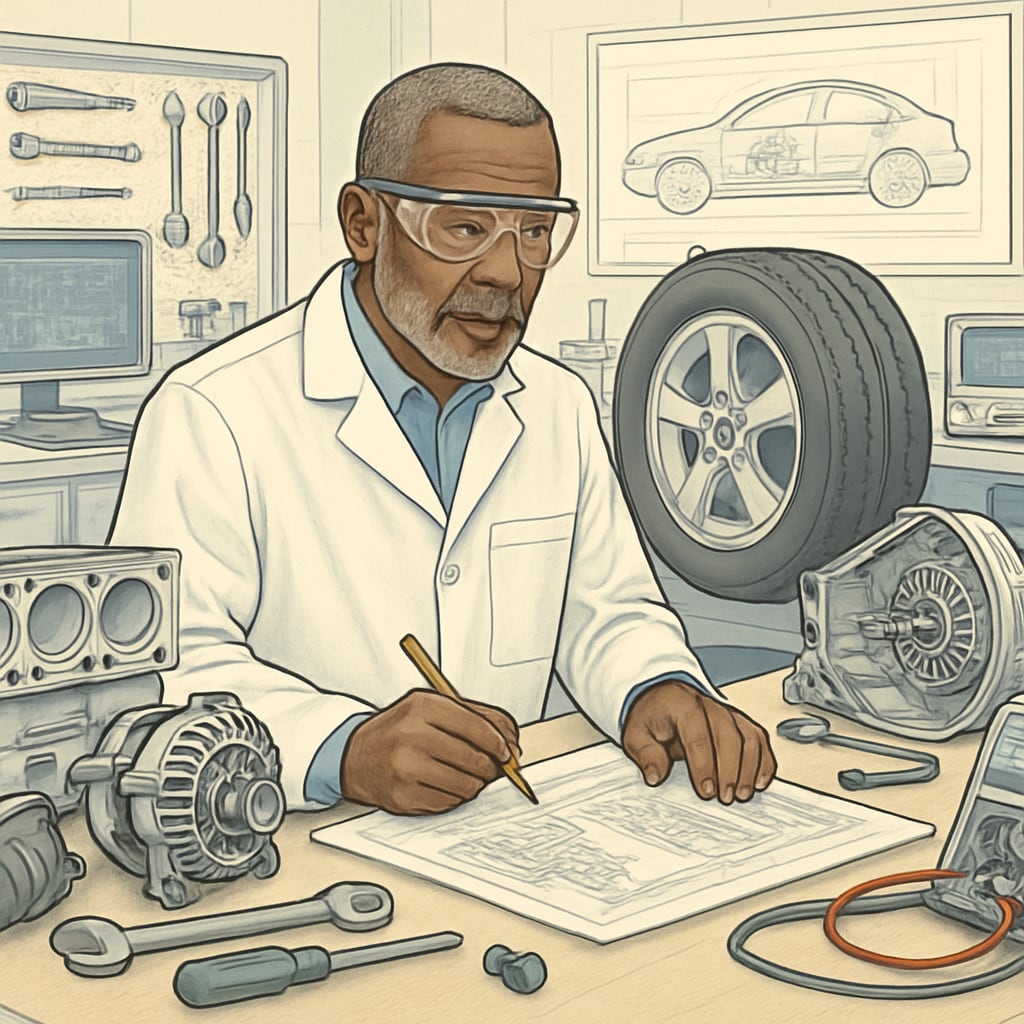For military members holding an associate degree in automotive technology, advancing to a bachelor’s degree can unlock new career opportunities both within and outside the military. This transition process involves understanding credit transfer systems, selecting compatible bachelor’s programs, and identifying long-term career paths. In this article, we’ll guide you through the strategies to make this educational shift seamless and rewarding.
Understanding Credit Transfer for Automotive Technology Degrees
One of the first steps in transitioning from an associate degree in automotive technology to a bachelor’s program is understanding how your earned credits can be transferred. Many colleges and universities offer articulation agreements, which ensure that your previous coursework is recognized and applied toward your bachelor’s degree requirements. This not only saves time but also reduces the overall cost of your education.
When researching schools, look for institutions that have specific partnerships with military education programs or those that accept the American Council on Education (ACE) recommendations for military training and coursework. For example, ACE’s Military Guide provides a comprehensive resource for evaluating military occupations and training for college credit.

Choosing the Right Bachelor’s Degree Program
While an associate degree in automotive technology focuses on the technical and practical aspects of the field, transitioning to a bachelor’s degree allows you to expand your knowledge into areas such as management, engineering, or business. Here are some compatible bachelor’s degree options:
- Automotive Engineering: Ideal for those interested in the design and development of automotive systems.
- Business Administration: A great choice for those aiming to manage automotive repair shops or dealerships.
- Industrial Technology: Focuses on the application of engineering and management principles in manufacturing and service industries.
- Organizational Leadership: Perfect for military personnel who want to leverage their leadership skills in civilian industries.
Each of these programs offers unique advantages, so it’s important to align your choice with your career goals and interests. Additionally, consider online or hybrid learning options to accommodate your schedule, especially if you are still on active duty.
Career Opportunities After Earning a Bachelor’s Degree
A bachelor’s degree not only expands your technical expertise but also opens doors to leadership roles and higher salaries. Here are some potential career paths:
- Automotive Service Manager: Oversee operations, staff, and customer relations in repair facilities.
- Product Development Engineer: Work on designing and testing new automotive products and systems.
- Supply Chain Manager: Manage logistics and distribution within the automotive manufacturing industry.
- Military Technical Advisor: Provide expertise on vehicle maintenance and operations within the armed forces.
According to the U.S. Bureau of Labor Statistics, many of these roles offer competitive salaries and significant growth potential. For example, automotive engineers earn a median salary of $88,000 annually, making it a lucrative option for those with a passion for innovation in the industry.

In addition to traditional career paths, earning a bachelor’s degree can also position you for advanced certifications, such as those offered by the National Institute for Automotive Service Excellence (ASE). These certifications can further enhance your credibility and career prospects.
Final Thoughts on Transitioning to a Bachelor’s Degree
For military personnel with an associate degree in automotive technology, pursuing a bachelor’s degree is a strategic step toward long-term career success. By carefully considering credit transfer options, selecting a compatible program, and aligning your education with your career goals, you can make this transition both efficient and impactful.
Whether you aim to stay within the automotive industry or branch out into related fields, the skills and knowledge gained from a bachelor’s degree will serve as a strong foundation for your future endeavors. Start exploring your options today and take the next step in your educational journey.


